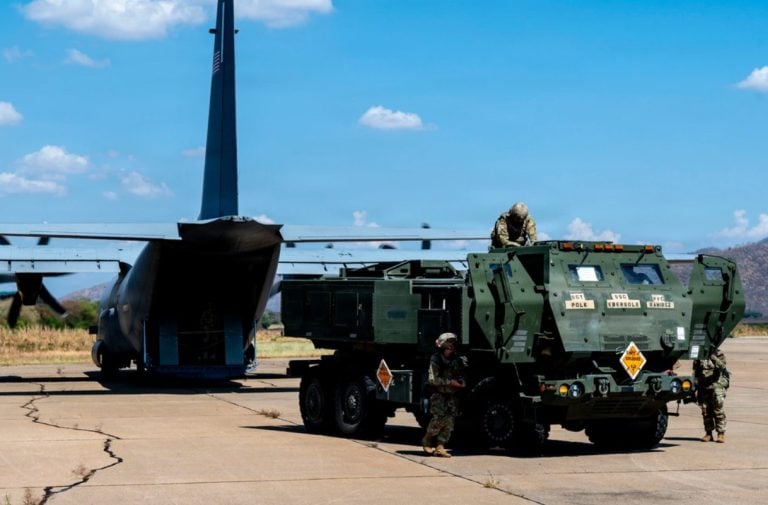The Taiwan Strait, long considered a stable area, has become a focal point of military contingency planning amid escalating tensions between the United States and China. As Chinese military maneuvers increase near Taiwan, questions evolve regarding the role of US allies in the Indo-Pacific, with South Korea finding itself in a particularly precarious position.
Despite being a treaty ally of the US, South Korea is not formally aligned with Taiwan and has no direct territorial stakes in the Taiwan Strait. Yet, the intricate geopolitical landscape, alongside existing alliance structures, places South Korea in a complex situation, navigating risks that extend beyond its immediate region.
Geographically, South Korea’s proximity to not only the Taiwan Strait but also to a nuclear-armed North Korea frames its response to any potential conflict. A crisis in Taiwan could divert US strategic resources away from the Korean Peninsula, raising fears in Seoul about creating a security vacuum that North Korea might exploit. Consequently, South Korea’s paramount concern is not Taiwan itself but the aftermath of a US-China confrontation, which might destabilize the Korean Peninsula and weaken the credibility of US extended deterrence.
Economically, the situation is similarly fraught. China is South Korea’s largest trading partner, representing around a quarter of its exports. Despite a growing wariness of Beijing’s intentions among the public and political elite, South Korea remains tightly bound to Chinese markets and supply chains. A strong military stance supporting Taiwan could provoke significant economic retaliation from China, echoing Beijing’s fierce response to South Korea’s deployment of THAAD missile defense systems in 2017.
Furthermore, as a critical US ally, hosting approximately 30,000 American troops, South Korea would likely be drawn into any major conflict involving US forces in the region. The US Indo-Pacific Command considers the area an integrated battlespace, and as such, South Korea could find itself under pressure to support US operations, even without its formal agreement. This reality creates a scenario where South Korea may have to make high-stakes decisions under crisis conditions.
Normatively, South Korea faces pressure to take a clear stance. An invasion of Taiwan by China would directly challenge the principles of democratic governance and international law, values that South Korea publicly endorses. A neutral position during such a crisis could damage South Korea’s reputation as a responsible middle power and diminish its influence in regional multilateral discussions. With other democracies in the region, such as Japan and Australia, leaning closer to the US, South Korea’s hesitance could further alienate it from its allies.
However, full military involvement in a Taiwan contingency appears unlikely both politically and strategically. The South Korean military is primarily focused on North Korea and lacks robust capabilities for engagement beyond the peninsula. Diverting resources to a conflict in Taiwan has the potential to compromise deterrence against North Korea and create vulnerabilities on two fronts. Public sentiment also reflects this hesitance, as recent polls indicate that many South Koreans favor nonintervention in a Taiwan conflict unless North Korea were to actively engage.
Given these complexities, South Korea’s most viable strategy may be one of calibrated strategic ambiguity. This approach would allow South Korea to reaffirm its commitment to peace and stability in the Taiwan Strait while diplomatically supporting international norms and preparing contingency plans with the US without overtly committing to military intervention. South Korea can also enhance its strategic role by increasing its support capabilities and investing in intelligence, surveillance, and reconnaissance assets, thus augmenting deterrence without overly antagonizing Beijing.
Engaging in regional dialogues through forums like ASEAN or collaborative initiatives with countries such as Australia and India could help South Korea shape the discourse around Taiwan and endorse non-military risk reduction measures.
In summary, the potential for conflict over Taiwan presents South Korea with a strategic dilemma that demands careful navigation through alliance obligations, national interests, and regional stability. A balanced approach that combines operational readiness, strategic communication, and diplomatic engagement will be essential for maintaining South Korea’s credibility as a pivotal player in the global arena while safeguarding its national interests and autonomy.







